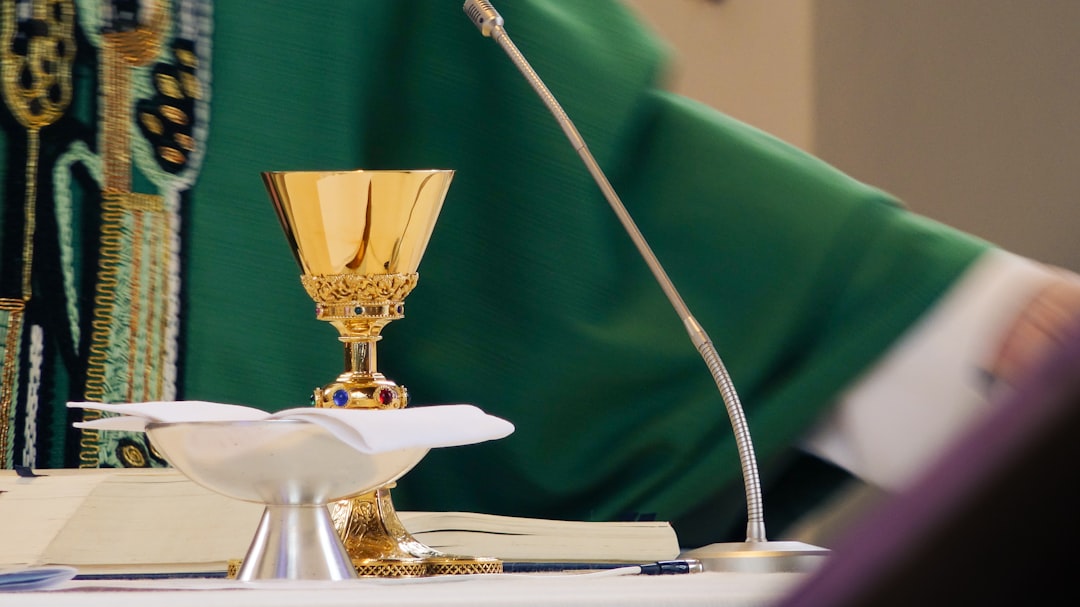On vocations, asking is key
As large dioceses get bigger, fewer priests are available to ask young men about seminary. What will be the effect?
During the month of November, the U.S. bishops’ conference asks Catholics to pray that young people will respond to vocational calls, especially to the priesthood and to religious life.
By the numbers, those prayers seem clearly needed.
The total number of seminarians in formation in the U.S., after stabilizing at around 5,000 in the mid…

